Meet some former MRM-ers!
Given the interdisciplinary nature of marine resource management, “focus areas” need not be restrictive. Rather, students have the opportunity to craft research and programs of study that bridge disciplines and perspectives, overlap in scope and have a component of management in all of them. You can see this in the work of many of our alumni. Learn about what they studied as a student and discover where they are now.
“MRM provided the exact melding of the natural and social sciences that I was looking for in graduate school along with an amazing community to learn with.”
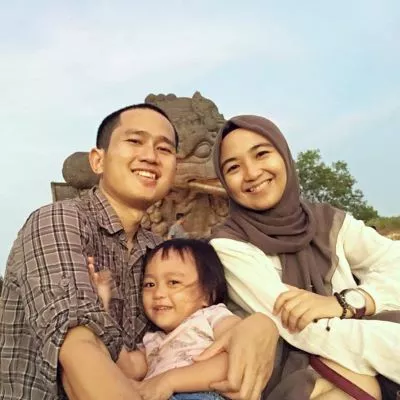
Nurmalia (Lia) Adroli
MRM 2021
Coastal processes, hazards, and climate change
Lia earned her bachelor’s degree in geography from Gadjah Mada University, Indonesia, and then began working for Indonesia's mining industry under the Ministry of State-Owned Enterprises where she supported environmental mining policy-making and implementation. Concerned about the impact on the ocean of the residual metal from the mining purity process, in 2019 Lia earned scholarships from Fulbright and International Peace to continue her graduate studies. Lia’s MRM research, in the lab of Rene Boiteau, focused on iron fertilization to the ocean. Her next step will be a Ph.D. program, after which she will return to Indonesia and continue to be a leader in her field. Connect with Lia on LinkedIn.

Sarah Calhoun Caldwell
MRM 2015
Fisheries and aquaculture
Working with Flaxen Conway, Sarah’s research focused on enhancing fisheries management and social science through strengthening the voice of women and the critical role they play in Oregon’s commercial fishing family businesses and industry. Sarah is currently the senior project manager of the traceability division at FishWise. Connect with Sarah on LinkedIn.

Morgan Chow
MRM 2015
Coastal processes, hazards, and climate change
Advised by Hillary Egna, Morgan’s research evaluated the level of gender integration in disaster management policies and practices in the Philippines, and what the implications were for the long-term resilience of the nation’s valued coastal aquaculture and fishing communities. Since research has shown that women are disproportionately affected at every phase of disasters worldwide, it is paramount for gender to be a major concern in policy, management, and education and engagement. Morgan is now a senior planner at Delta Stewardship Council. Connect with Morgan on LinkedIn.

Megan Considine
MRM 2021
Fisheries and aquaculture
Megan graduated from the University of South Carolina with a bachelor’s degree in marine science, during which she found her passion for oyster restoration work and outdoor education. She decided to pursue an MRM degree to gain a more holistic perspective on the natural environment. For her thesis, Megan worked with the commercial oyster aquaculture industry to detect and prevent an emergent nuisance species that harms product quality. She was advised by Steve Rumrill at the South Slough National Estuarine Research Reserve. Connect with Megan on LinkedIn.
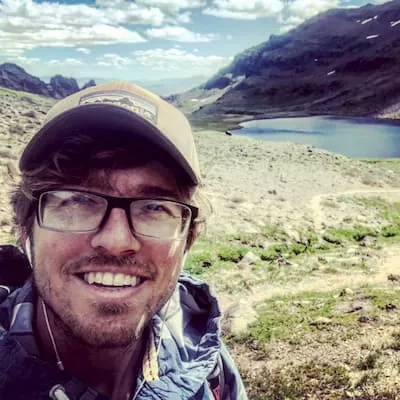
John Dickens
MRM 2021
Pollution, invasive species, and water quality
Growing up on the Atlantic coast of Northern Florida, John played in heavy metal bands and surfed the local pier. After earning a B.A. in English, John dove headfirst into sustainable agriculture, working on farms on the West Coast, and eventually found himself as a field technician in salamander, avian and marine ecology. His experience with many different ecosystems revealed a passion for ecological conservation and research, ultimately leading him to OSU and a project in Susanne Brander's lab assessing risks posed by emergent contaminants for important estuarine species. He now holds a position as a research assistant with the Partnership for Interdisciplinary Studies of Coastal Oceans (PISCO). Connect with John on LinkedIn.
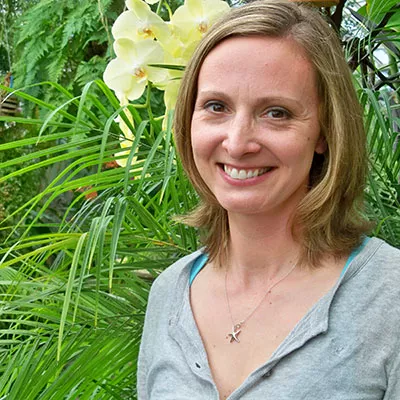
Jenny East
MRM 2015
Marine science education and engagement
Jenny’s research with Shawn Rowe focused on how families learn together, specifically how they use a multi-touch tabletop exhibit in a public science center. Knowing how people learn outside of a classroom setting helps us to improve the ways we communicate science to public audiences that visit museums, aquariums, science centers and other ‘free choice learning’ venues. Since graduating, Jenny has worked for Oregon Sea Grant and the Center for Scientific Collaboration and Community Engagement. Connect with Jenny on LinkedIn.
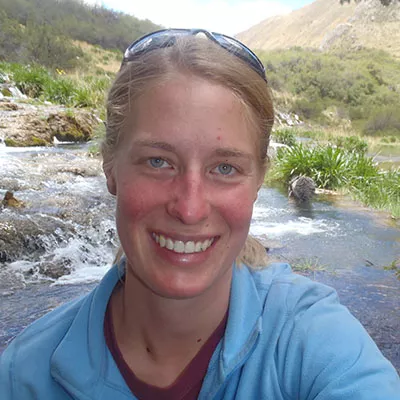
Laura Ferguson-Rivas
MRM 2015
Pollution, invasive species, and water quality
Laura’s research focused on the science-stakeholder engagement process of a larger research project called Willamette Water 2100. She was advised by Sam Chan. Laura is currently the ecosystem recovery coordinator at Puget Sound Partnership. Connect with Laura on LinkedIn.

Briana Goodwin
MRM 2015
Marine industry (transportation, renewable energy)
Working with Flaxen Conway, Bri’s research evaluated a community-engagement process used to site a testing facility for wave energy devices. She is currently the Oregon field manager for Surfrider Foundation. Connect with Bri on LinkedIn.
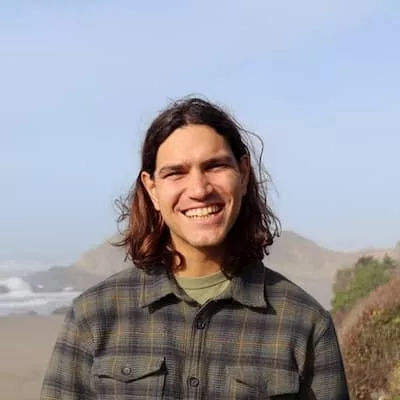
Nicolás (Nico) X. Gómez Andújar
MRM 2021
Fisheries and aquaculture
Nico graduated from the University of Puerto Rico, Río Piedras Campus, with a bachelor’s degree in environmental science, and he came to the MRM program to learn critical social science methods needed to facilitate island sustainability. Nico’s graduate research in James Watson's lab focused on coastal socio-ecological systems in tropical islands, specifically on understanding fisher-folks’ cooperative adaptation strategies to socio-environmental change in Puerto Rico. Connect with Nico on LinkedIn.

Ashley Hann
MRM 2021
Coastal processes, hazards, and climate change / Marine science education and engagement
Before starting graduate school, Ashley received her bachelor’s degree in marine biology from the University of North Carolina Wilmington and went on to work as an experiential educator in the Channel Islands. Ashley’s MRM research in Kim Bernard's lab was focused on zooplankton assemblages in the Western Antarctic Peninsula, the effectiveness of current assessment tools for management and research, and increasing audiences’ experience, understanding and appreciation of polar environments. She is now a Knauss Fellow in Washington DC. Connect with Ashley on LinkedIn.
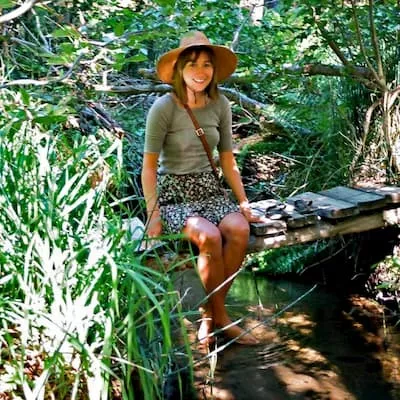
Toby Harbison
MRM 2021
Fisheries and aquaculture
Toby is a professional science communicator who has worked with private companies, government agencies and non-profit organizations. Her work has fostered stewardship of the natural world through citizen science, environmental education and wilderness tourism in regions across the western U.S., including Southeast Alaska and Channel Islands National Marine Sanctuary. She joined the MRM program to deepen her understanding of how spatial-temporal analysis can improve fisheries management with the goal of facilitating the integration of geospatial technologies into small-scale fisheries in the developing world. While in the MRM program, She worked on a project related to the Dungeness crab fishery with Sarah Henkel. Toby now works as a research scientist with Washington Dept. of Fisheries and Wildlife. Connect with Toby on LinkedIn.

Willem Klajbor
MRM 2020
Coastal processes, hazards, and climate change
Willem’s undergraduate background at the University of Maryland, College Park touched on environmental policy, economics, and geospatial science. At Oregon State, his thesis research with Maria Kavanaugh combined these topics to examine the management applications of a dynamic seascape classification tool. Upon graduation from the MRM program, Willem moved to Washington, DC, after earning one of the prestigious 2021 NOAA Knauss Marine Policy Fellowships. Connect with Willem on LinkedIn.
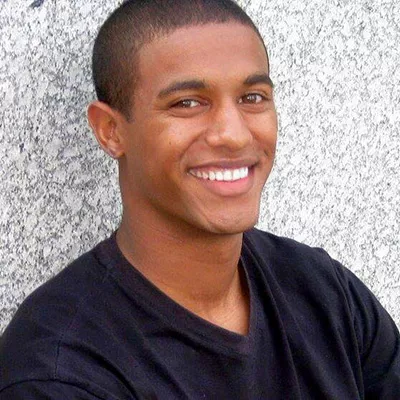
Dominique Kone
MRM 2019
Coastal processes, hazards, and climate change / Fisheries and aquaculture
Advised by Leigh Torres, Dom’s research focused on an ecological assessment of a potential sea otter reintroduction to Oregon. Dom now works as a Science Officer for the California Ocean Science Trust where he routinely engages scientists to produce and deliver scientific information to policymakers to inform their decisions and resource management practices. Connect with Dom on LinkedIn.

M. Kelsey Lane
MRM 2020
Coastal processes, hazards, and climate change
Kelsey grew up in South Dakota, attended college at Brown University, and then went to sea for seven years working as a marine scientist, science educator and mariner on sail training and research vessels. She came to the MRM program because it allowed her to combine her interests in oceanography and science education. Kelsey has continued her studies (she’s pursuing a Ph.D.) and research with Jennifer Fehrenbacher studying plankton and marine heatwaves in the Northeast Pacific. Connect with Kelsey on LinkedIn.
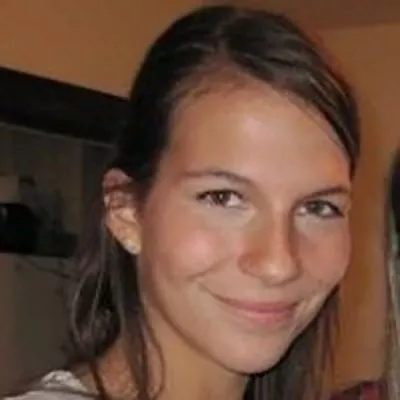
Eva Lipiec
MRM 2015
Coastal processes, hazards, and climate change
Working with Peter Ruggiero, Eva engaged coastal stakeholders in Tillamook County, Oregon, to determine future potential coastal hazard impacts by simulating and analyzing the effect of different adaptation policies, thereby helping to inform decision-making from the ground-up and before flooding and erosion impact coastal communities. Eva is now an analyst in natural resources policy at the Congressional Research Service. Connect with Eva on LinkedIn.
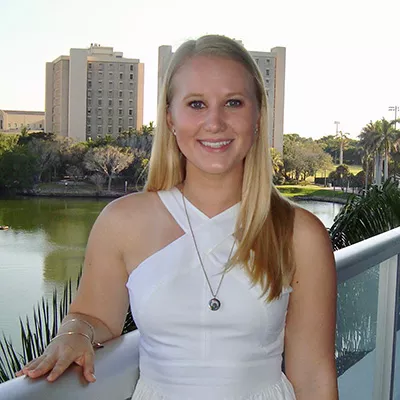
Emily Mazur
MRM 2019
Coastal processes, hazards, and climate change / Marine science education and engagement
Working closely Cristen Don, Emily’s research focused on designing and delivering effective two-way science communication tools. One the largest anthropogenic coastal hazards – oil spills and restoration efforts – is something near and dear to Emily’s heart as these events cut across all five of the MRM focus areas. Emily now works as a Science Associate for Industrial Economics, Inc. Connect with Emily on LinkedIn.

Peter Morrow
MRM 2018
Marine science education and engagement
Working with Flaxen Conway, Peter’s research focused on the benefits of e-learning as a component of the training and development of the Oregon State Marine Board’s (OSMB) law enforcement division. While Peter’s first job out of grad school was in his home state of CA, Peter now works for the Dept of Transportation in Oregon. Connect with Peter on LinkedIn.
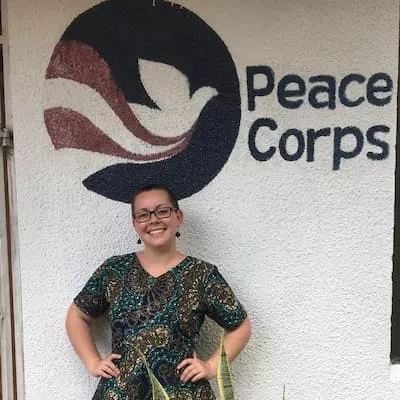
Ashley Peiffer
MRM 2021
Fisheries and aquaculture
Ashley joined the MRM program with a bachelor's degree in marine science-biology from the University of Tampa. Ashley's post-undergrad experience as a Peace Corps education volunteer in Tanzania cultivated a passion for seeking community-centered development approaches to fisheries management in the Horn of Africa region. She was advised by Michael Harte. Connect with Ashley on LinkedIn.
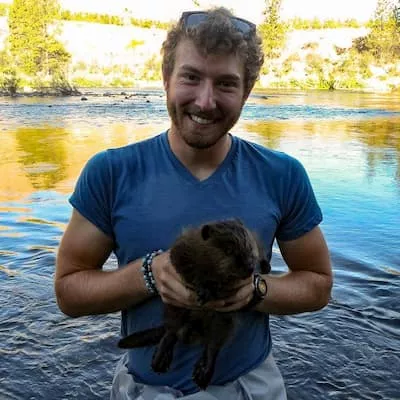
Graham Shaw
MRM 2021
Coastal processes, hazards, and climate change
Graham is a native Oregonian who earned his bachelor’s degree in ecological engineering from Oregon State. Working with economist Steven Dundas, Graham’s MRM research focused on determining how a coastal habitat restoration project outside the city of Tillamook impacted the city’s local economy. Graham came to the MRM program because he believes that more work needs to be done to study, value and protect ecosystems on land, at sea and everywhere in between.
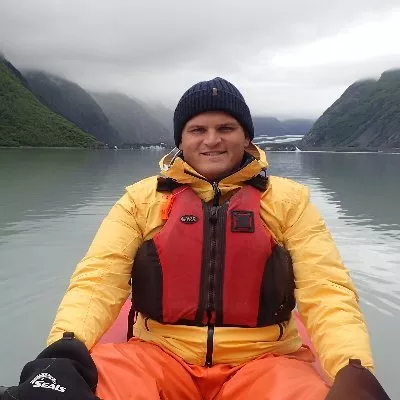
Linus Stoltz
MRM 2021
Fisheries and aquaculture / Marine industry
Linus received his bachelor's in marine biology from the University of North Carolina Wilmington. After graduation he began working for the NC Division of Marine Fisheries where he became enthralled with cooperative fisheries research. Working alongside fishermen to solve problems detrimental to the trawl shrimp fishery set him on the path to pursue a master’s degree in the MRM program, where his research had him working with the Dungeness crab fishing community to better understand the spatial extent of seasonal hypoxia in shelf waters. He was advised by Kipp Shearman. Connect with Linus on LinkedIn.
Go to the Marine Resource Management Program page.